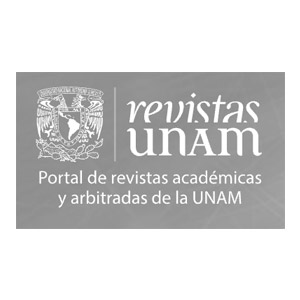International Support for Justice Reform: Is It Worthwhile?
Over the last twenty-five years, a number of justice reform projects funded by international actors have been implemented in Latin America. No less than 2 billion US dollars were disbursed for this purpose. Several questions on this issue are addressed in this article: How does international aid work in the field of justice and what is the rationale used? What is the relationship between and the dynamics of the actors who participate in international aid? What are the results of the funded projects and what limits have been encountered? Has international support for justice reform been worthwhile? The author elaborates on the central argument that international actors underperform their role mainly for two reasons. One, the approach used in the recipient country seriously restricts the proper comprehension of the root causes of the problems country faces. Two, international actors lack serious interest in learning. In the predominant approach, bureaucratic criteria prevail: projects are designed and promoted according to the aid agency’s blueprint, evaluation is usually poor and money is readily available. If in a given country there are no strong national actors, international agencies establish asymmetrical relationships with their counterparts, tend to import recipes that hardly suit the conditions in the country, and impose paths to reform that are difficult for local actors to appropriate. Cooperation agencies have disseminated an ideological construct based on a non-proven causal relationship between justice systems and economic growth as the driving force for reform. International actors could do better were they to develop a capacity for learning, but this goal seems difficult for them to reach.





























